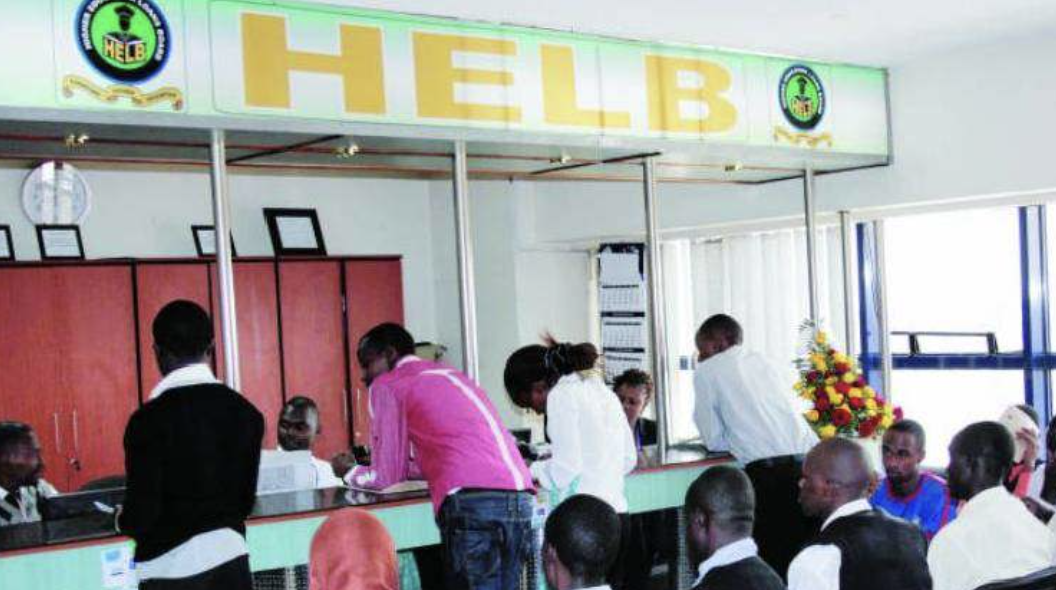
The Higher Education Loans Board (HELB) has announced the successful identification of 2,605 deceased loanees during the 2024/2025 financial year, resulting in the write-off of Sh347.05 million under the Student Self-Protection Scheme.
In a briefing to the National Assembly’s Committee on Education, HELB credited the achievement to its collaboration with the Civil Registration Services, which enabled more accurate and timely tracking of deceased loan beneficiaries.
Alongside the write-offs, the board reported a significant improvement in loan recovery, collecting Sh5.21 billion during the year — an 11 per cent increase from the Sh4.71 billion recovered in the previous financial year.
“Through enhanced linkages with the Kenya Revenue Authority (KRA) and the Public Service Human Resource Information System (HRIS), HELB successfully traced 11,600 loanees, resulting in recoveries totalling Sh42 million,” the board noted.
HELB also intensified field operations, with employer audits and inspections identifying 17,647 defaulters. This led to the recovery of Sh285.21 million through enforced payroll deductions.
As part of its digital transformation efforts, HELB launched self-service online portals for both students and employers.
The platforms allow users to access loan statements, make online repayments, and download compliance and clearance certificates — a move the board says has significantly reduced in-person visits and improved service efficiency.
“These platforms have significantly improved user experience, reduced walk-in traffic, and enhanced transparency and efficiency in service delivery,” HELB said.
Looking ahead to the 2025/2026 financial year, the board outlined a strategy to further scale up recoveries.
Key among its proposals is the implementation of an Income-Contingent Repayment (ICR) model, designed to align repayment obligations with a loanee’s income level, making repayments more manageable and inclusive.
HELB also plans to embed loan compliance checks into
government procurement systems and professional licensing processes.
Under this proposal, defaulters may be barred from securing public contracts or renewing licenses unless they have met their loan obligations.
To expand coverage within the informal sector and gig economy, HELB is set to roll out flexible repayment options, including daily and weekly instalment plans tailored to irregular income streams.
Additionally, the board is ramping up efforts to recover
loans from Kenyans living abroad through diplomatic engagement, targeted
outreach, and strategic partnerships aimed at improving diaspora loan
compliance.
HELB, a Semi-Autonomous Government Agency under the Ministry of Education, plays a critical role in financing higher education through loans, bursaries, and scholarships.
Since its establishment in 1995, the board has grown its reach from 8,000 beneficiaries to over 700,000 students annually.
To date, it has disbursed over Sh179 billion to more than 1.78 million learners across Kenya’s universities, TVET institutions, and postgraduate programmes.













